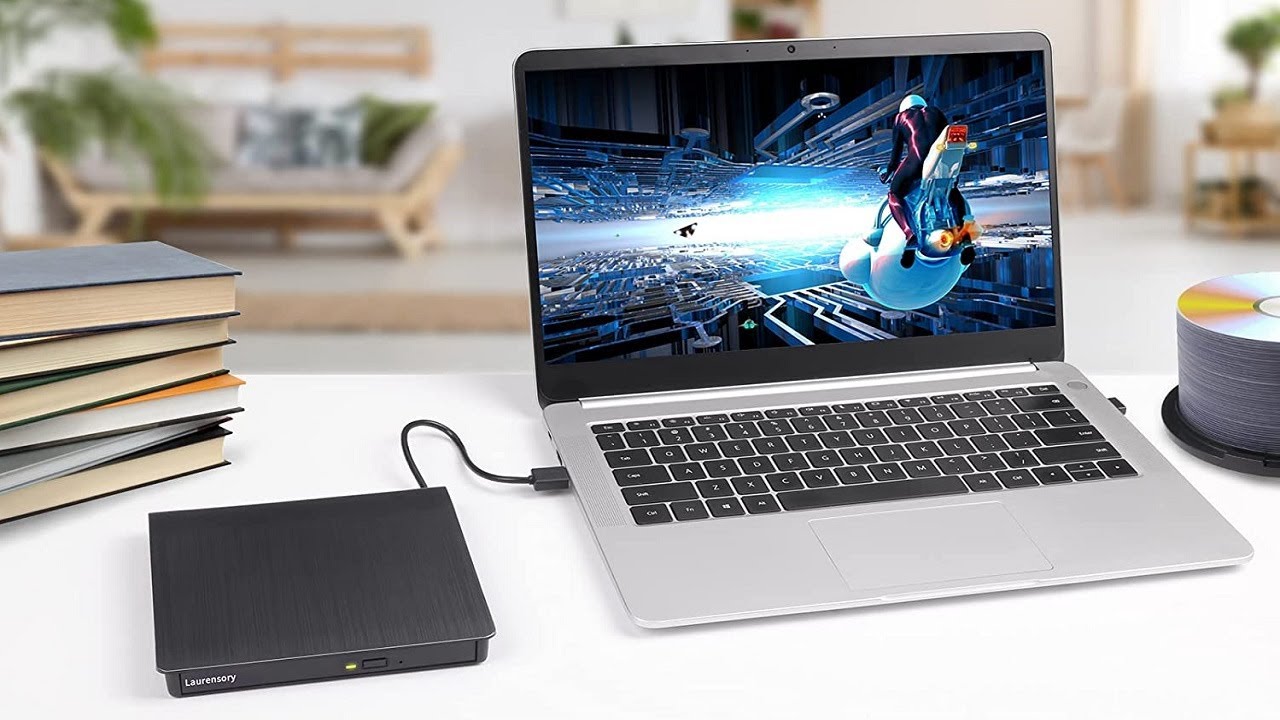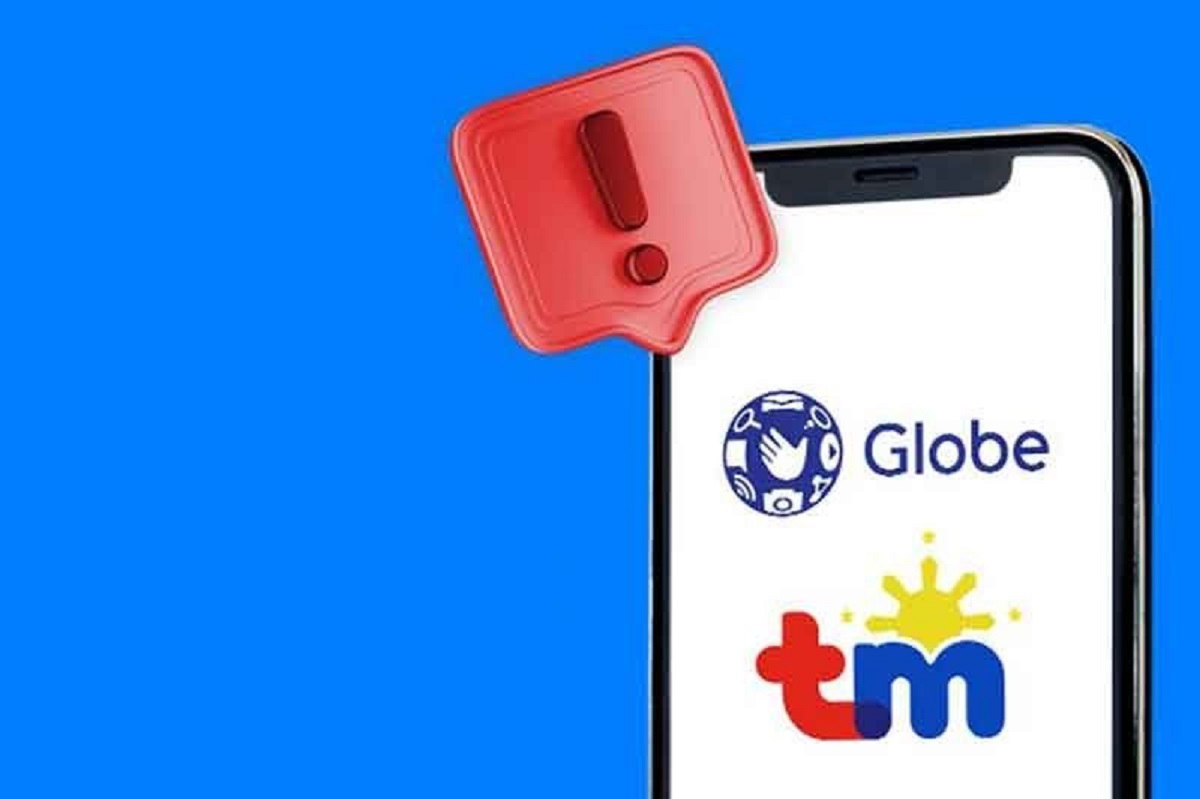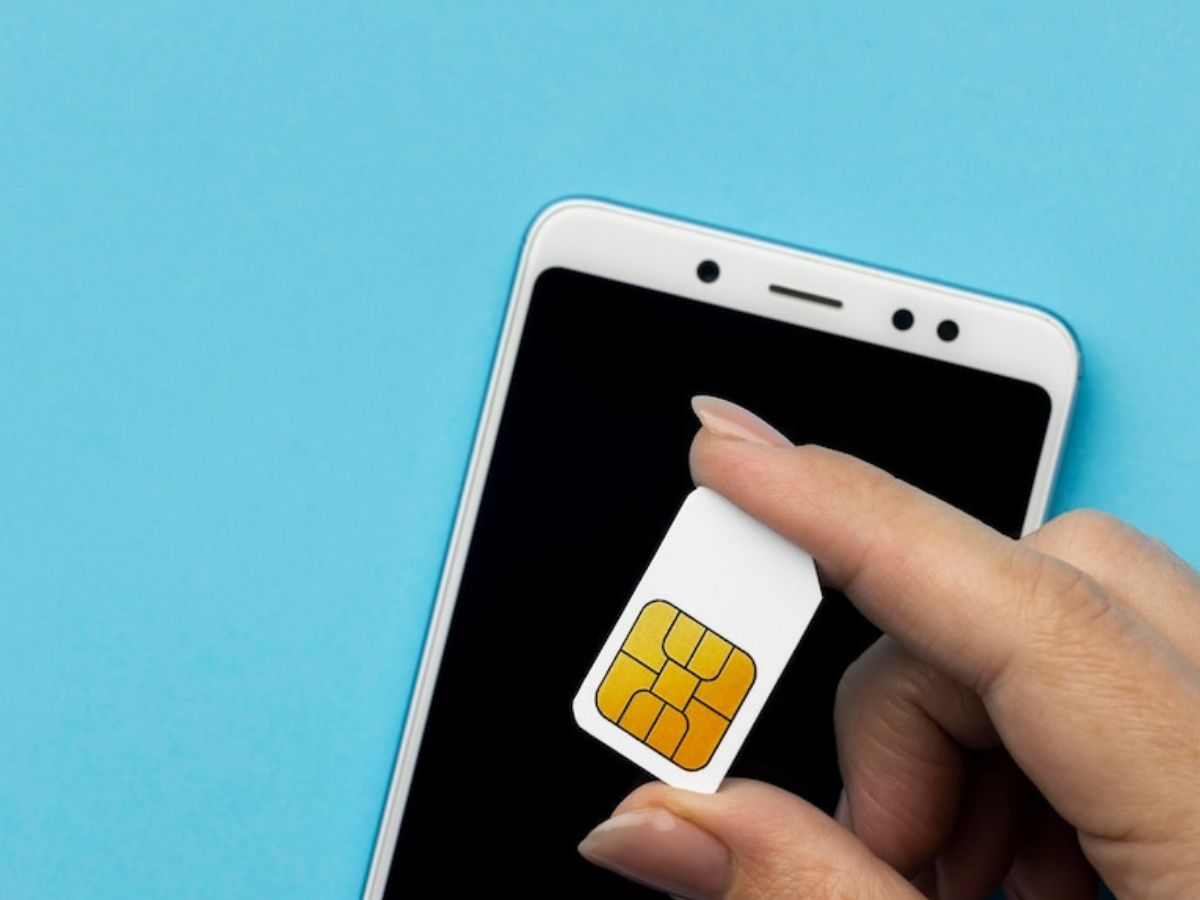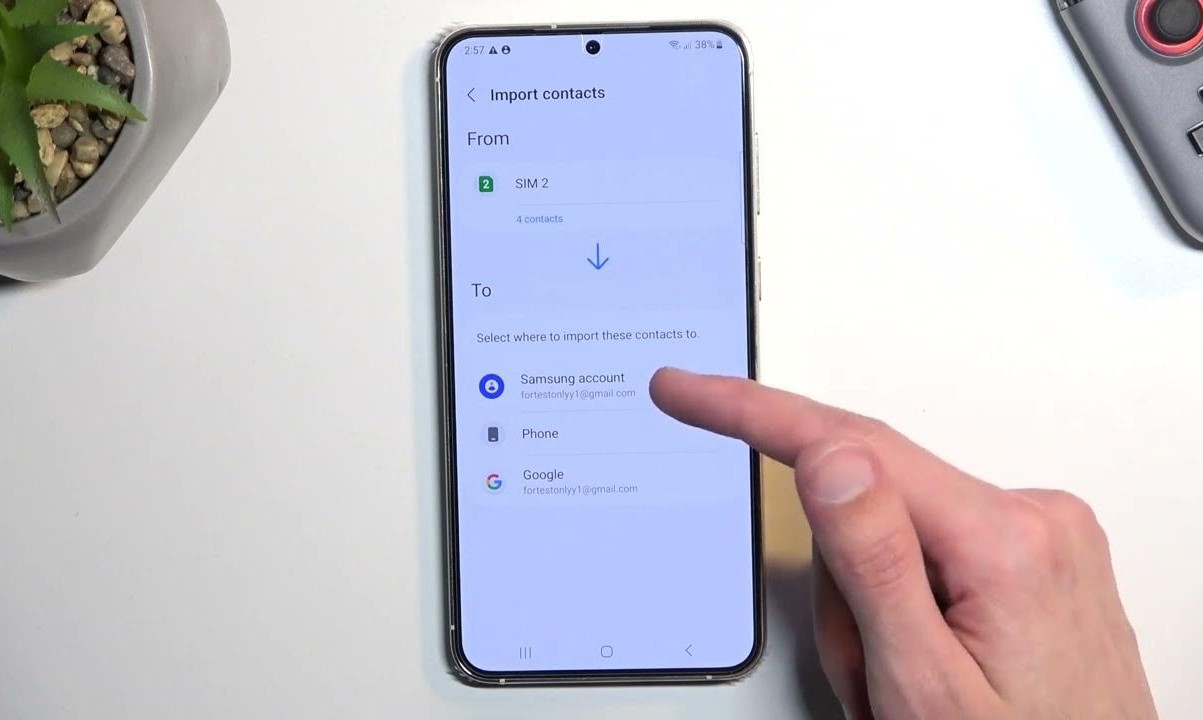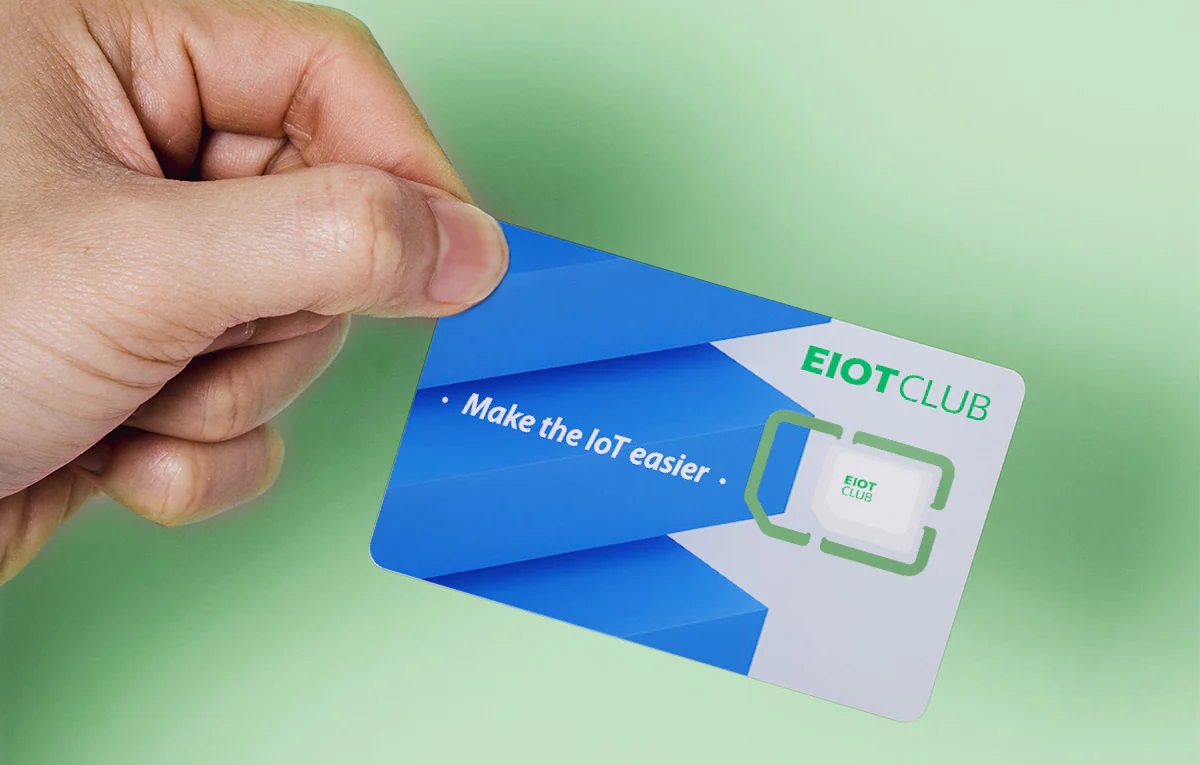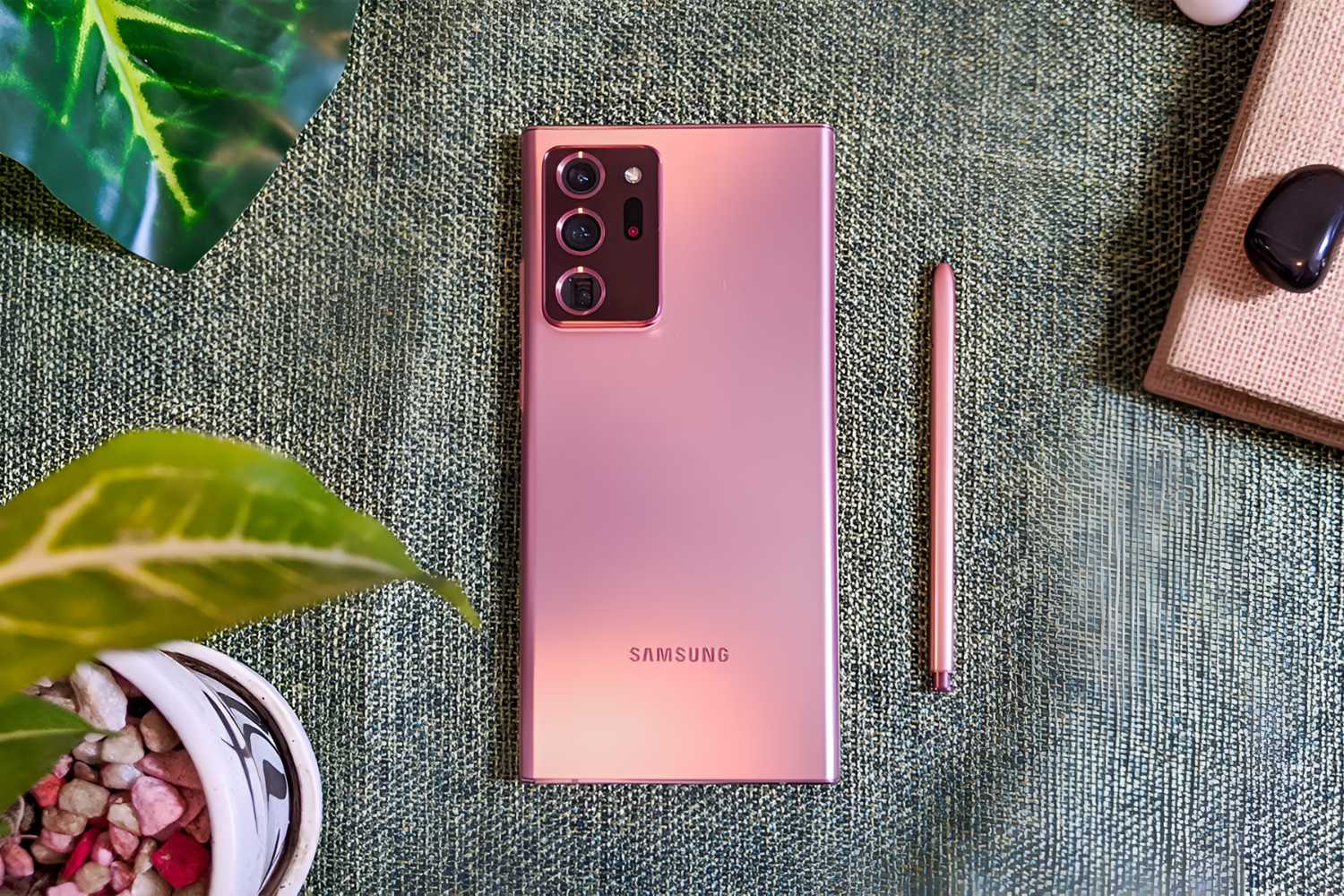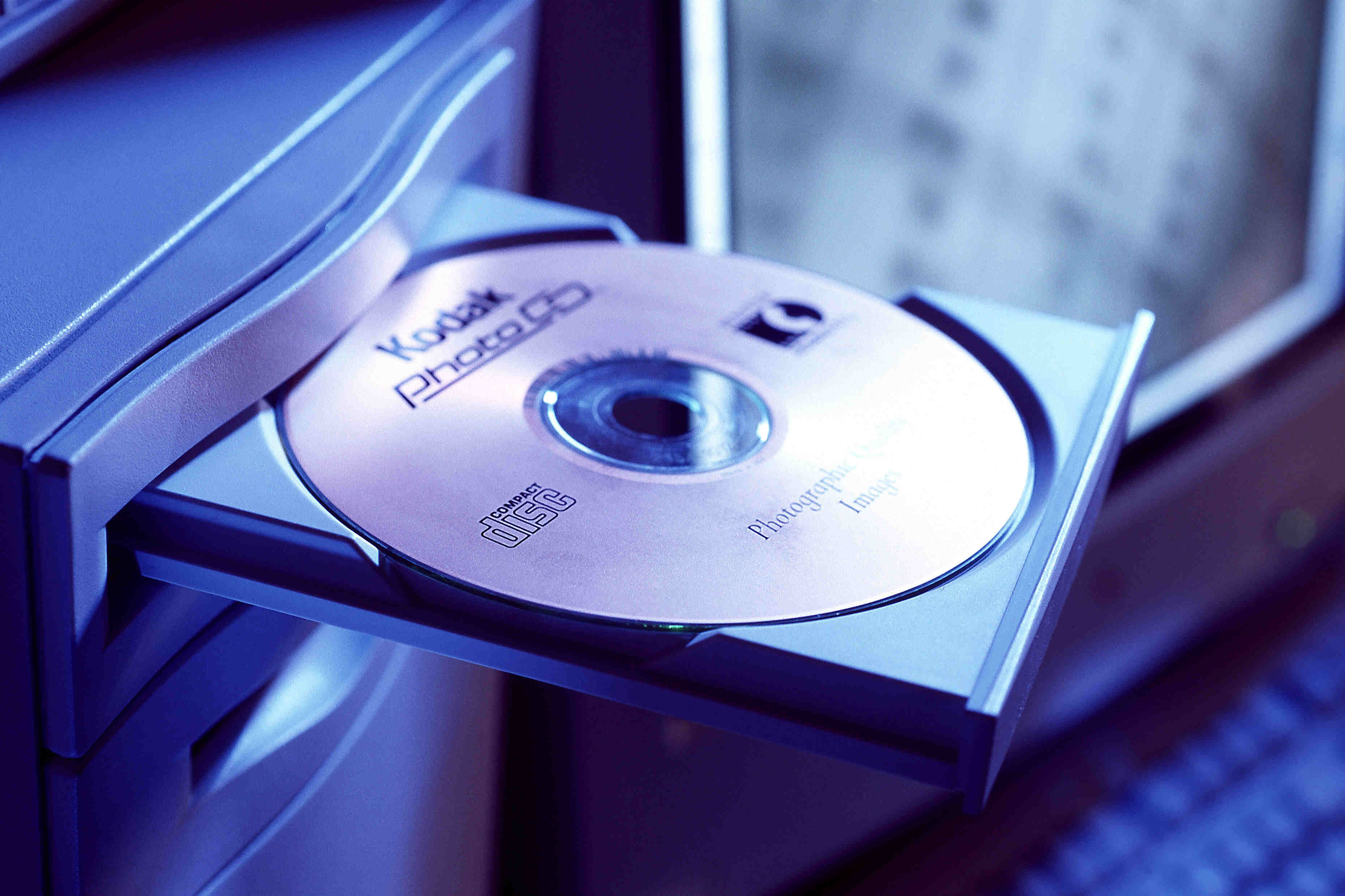What are Burner SIM Cards?
Burner SIM cards, also known as disposable SIM cards, are prepaid mobile phone SIM cards that offer temporary and anonymous communication. These SIM cards can be used for a short period before being discarded, making them a popular choice for individuals seeking privacy and convenience. The term "burner" originates from the concept of using a phone or SIM card for a brief period before disposing of it, similar to how one might "burn" or destroy evidence.
Typically, burner SIM cards are not linked to a specific individual, allowing users to maintain anonymity while using mobile devices. They are often associated with temporary or one-time use, making them ideal for situations where privacy is paramount, such as when traveling, conducting business, or communicating sensitive information.
Burner SIM cards are widely available for purchase at convenience stores, electronics retailers, and online marketplaces. They are often sold without the need for personal identification or credit checks, offering a level of anonymity not typically found with traditional postpaid mobile plans. Additionally, these SIM cards can be used with unlocked mobile devices, providing flexibility and convenience for users.
In recent years, the popularity of burner SIM cards has grown due to their utility in various scenarios, including personal safety, online privacy, and temporary communication needs. As a result, they have become an essential tool for individuals seeking to safeguard their privacy and maintain control over their communication channels.
Overall, burner SIM cards serve as a practical solution for those who require temporary, anonymous, and convenient mobile communication without the long-term commitments or personal identification associated with traditional mobile plans.
How do Burner SIM Cards Work?
Burner SIM cards function similarly to traditional prepaid SIM cards but with a focus on providing temporary and anonymous communication. When a user purchases a burner SIM card, they typically receive a prepaid mobile phone number along with a set amount of credit for calls, texts, and data usage. The activation process for burner SIM cards is often straightforward, requiring users to insert the SIM card into a compatible unlocked mobile device and follow the provided instructions to activate the service.
Once activated, burner SIM cards allow users to make and receive calls, send and receive text messages, and access mobile data services, just like regular SIM cards. However, the key distinction lies in the temporary nature of burner SIM cards. Users can utilize the provided services for a limited period, after which the SIM card can be discarded or deactivated, effectively severing its association with the user.
The temporary nature of burner SIM cards makes them particularly useful for individuals who require short-term communication solutions without the need for a long-term commitment or personal identification. For example, travelers may opt for burner SIM cards when visiting a different country, as they provide a convenient means of communication without the complexities of international roaming or long-term mobile plans.
From a technical standpoint, burner SIM cards operate on the same underlying mobile network infrastructure as traditional SIM cards. They are compatible with a wide range of mobile devices, including smartphones, feature phones, and mobile hotspots, offering flexibility and convenience for users.
Additionally, burner SIM cards can be used for various purposes, including creating temporary phone numbers for online transactions, safeguarding personal phone numbers from potential privacy breaches, and maintaining anonymity in communications.
In summary, burner SIM cards work by providing temporary and anonymous mobile communication services through a prepaid and disposable SIM card. Their flexibility, ease of use, and focus on privacy make them a valuable tool for individuals seeking temporary and convenient communication solutions.
Benefits of Using Burner SIM Cards
-
Privacy Protection: Burner SIM cards offer a high level of privacy, allowing users to communicate without revealing their personal phone numbers. This is particularly beneficial when engaging in online transactions, dating, or any situation where individuals may prefer to keep their primary phone number private.
-
Temporary Communication: The disposable nature of burner SIM cards makes them ideal for temporary communication needs. Whether traveling, attending events, or conducting business, users can easily acquire a temporary phone number without the commitment of a long-term mobile plan.
-
Anonymity: Burner SIM cards enable users to communicate anonymously, reducing the risk of unwanted tracking or surveillance. This can be especially valuable for individuals concerned about their digital footprint or those seeking to maintain anonymity in specific interactions.
-
Security: By using burner SIM cards for specific communications, individuals can mitigate the risk of their primary phone number being compromised. This added layer of security can help prevent potential harassment, spam, or unauthorized access to personal information.
-
Flexibility: The flexibility of burner SIM cards allows users to adapt to various communication needs. Whether it's creating separate numbers for personal and professional use, or maintaining distinct numbers for specific contacts, burner SIM cards offer a versatile solution.
-
Cost-Effective: For individuals seeking short-term communication solutions, burner SIM cards can be a cost-effective option. Rather than committing to a long-term mobile plan, users can purchase a burner SIM card with a predefined amount of credit, effectively controlling their communication expenses.
-
Ease of Acquisition: Burner SIM cards are readily available for purchase at convenience stores, electronics retailers, and online platforms. The straightforward acquisition process, often without the need for personal identification, makes them easily accessible to a wide range of users.
-
Reduced Spam and Telemarketing Calls: Using a burner SIM card for specific interactions can help mitigate the risk of receiving unwanted spam calls or telemarketing messages on the primary phone number. This can contribute to a more streamlined and organized communication experience.
In essence, the benefits of using burner SIM cards encompass privacy protection, temporary communication, anonymity, security, flexibility, cost-effectiveness, ease of acquisition, and reduced exposure to spam and telemarketing calls. These advantages make burner SIM cards a valuable tool for individuals seeking control, privacy, and convenience in their mobile communications.
Drawbacks of Using Burner SIM Cards
While burner SIM cards offer various benefits, they are not without drawbacks. It is essential to consider these limitations when evaluating the suitability of burner SIM cards for specific communication needs.
-
Limited Long-Term Utility: Burner SIM cards are designed for temporary use, making them less suitable for individuals seeking a long-term mobile communication solution. Those requiring consistent and ongoing access to a single phone number may find the disposable nature of burner SIM cards impractical.
-
Inconvenience of Changing Numbers: Using burner SIM cards for temporary communication means changing phone numbers frequently. This can be inconvenient, especially when trying to maintain continuity in business or personal relationships. Constantly updating contacts with new numbers may lead to communication disruptions and confusion.
-
Potential Communication Fragmentation: With multiple temporary numbers from burner SIM cards, there is a risk of communication fragmentation. Different contacts reaching out to various temporary numbers could lead to a disjointed communication experience, potentially impacting personal and professional interactions.
-
Limited Data Transfer and Backup: When using burner SIM cards, transferring data and maintaining communication records can be challenging. The temporary nature of these SIM cards may hinder the seamless transfer of contacts, messages, and call logs, potentially resulting in data loss or fragmentation.
-
Restricted Service Access: Some services, such as online accounts or two-factor authentication systems, may require a consistent and verifiable phone number. The use of burner SIM cards for such purposes may pose challenges, as these services typically expect a stable and identifiable phone number for security and verification purposes.
-
Regulatory and Legal Considerations: In certain jurisdictions, the use of burner SIM cards may be subject to specific regulations or restrictions. Users must be mindful of legal requirements and obligations related to the use of temporary or disposable communication tools, ensuring compliance with relevant laws and regulations.
-
Potential Misuse for Illicit Activities: The anonymity and temporary nature of burner SIM cards can make them attractive for individuals engaging in illicit or fraudulent activities. As a result, there may be a stigma associated with the use of burner SIM cards, potentially leading to increased scrutiny or suspicion in certain contexts.
-
Environmental Impact: The disposable nature of burner SIM cards contributes to electronic waste, as discarded SIM cards may not be easily recyclable or reusable. This aspect raises environmental concerns, especially as the use of disposable technology continues to grow.
While burner SIM cards offer valuable privacy and temporary communication benefits, it is important to consider these drawbacks when assessing their suitability for specific use cases. By weighing the advantages and limitations, individuals can make informed decisions regarding the use of burner SIM cards in their communication strategies.
Legal and Ethical Considerations
When utilizing burner SIM cards, it is crucial to consider the legal and ethical implications associated with their use. While these disposable SIM cards offer privacy and temporary communication benefits, users must navigate potential regulatory requirements, ethical considerations, and responsible usage practices.
Regulatory Compliance
The use of burner SIM cards may be subject to specific regulations and legal requirements in various jurisdictions. Users should familiarize themselves with the laws governing the acquisition, activation, and usage of disposable SIM cards in their respective regions. Certain countries or regions may impose restrictions on anonymous communication tools, requiring individuals to provide personal identification or register their temporary phone numbers for regulatory purposes. Understanding and adhering to such regulations is essential to ensure compliance with the law.
Responsible Usage
From an ethical standpoint, individuals should exercise responsible usage of burner SIM cards. While these disposable SIM cards offer anonymity and privacy, they should not be used to facilitate illicit or unlawful activities. Responsible usage entails employing burner SIM cards for legitimate and ethical communication needs, respecting the privacy and rights of others, and refraining from engaging in activities that may compromise the security or integrity of communication networks.
Data Privacy and Security
Users of burner SIM cards should be mindful of data privacy and security considerations. When engaging in temporary communication using disposable SIM cards, it is important to safeguard personal information and adhere to best practices for secure communication. Additionally, individuals should be aware of the potential risks associated with sharing temporary phone numbers and take measures to protect their privacy and data integrity.
Environmental Impact
The disposable nature of burner SIM cards raises environmental considerations. As users discard these temporary SIM cards after use, they contribute to electronic waste. Individuals should explore environmentally responsible disposal options for burner SIM cards, such as recycling programs, to mitigate the environmental impact of disposable technology.
Ethical Transparency
Maintaining ethical transparency in the use of burner SIM cards is essential. Individuals should communicate openly and honestly when utilizing temporary phone numbers, ensuring that the recipients of such communications are aware of the temporary nature of the contact information. This transparency fosters ethical communication practices and promotes trust in interpersonal interactions.
Legal Obligations
Users of burner SIM cards should be cognizant of their legal obligations regarding the use of disposable communication tools. This includes adhering to relevant telecommunications laws, privacy regulations, and consumer protection statutes. Understanding and fulfilling legal obligations associated with burner SIM cards is fundamental to responsible and compliant usage.
In summary, navigating the legal and ethical considerations of using burner SIM cards involves compliance with regulations, responsible usage practices, data privacy and security awareness, environmental consciousness, ethical transparency, and adherence to legal obligations. By approaching the use of burner SIM cards with mindfulness and adherence to legal and ethical principles, individuals can leverage the benefits of temporary communication while upholding ethical standards and regulatory compliance.
Conclusion
In conclusion, burner SIM cards serve as a valuable tool for individuals seeking temporary and anonymous communication solutions. The disposable nature of these prepaid SIM cards offers privacy, flexibility, and convenience, making them well-suited for various scenarios, including travel, online transactions, and personal privacy protection. By providing temporary phone numbers without the need for long-term commitments or personal identification, burner SIM cards empower users to maintain control over their communication channels while safeguarding their privacy.
While burner SIM cards offer numerous benefits, it is essential for users to weigh the drawbacks and consider the legal and ethical considerations associated with their use. The limitations, such as potential communication fragmentation and regulatory compliance requirements, should be carefully evaluated to determine the suitability of burner SIM cards for specific communication needs. Additionally, responsible usage practices, ethical transparency, and environmental consciousness play pivotal roles in ensuring the ethical and compliant utilization of disposable SIM cards.
Ultimately, the decision to use burner SIM cards should be informed by a balanced assessment of their advantages and limitations, coupled with a commitment to ethical and responsible communication practices. By navigating the legal and ethical considerations with mindfulness and adherence to regulatory requirements, individuals can leverage the benefits of burner SIM cards while upholding ethical standards and respecting legal obligations.
As technology continues to evolve, burner SIM cards remain a relevant tool for individuals seeking privacy, temporary communication, and anonymity in an increasingly interconnected world. Whether for personal, professional, or security-related purposes, burner SIM cards offer a practical solution for those who prioritize privacy and control over their communication channels. It is crucial for users to approach the use of burner SIM cards with awareness, responsibility, and ethical consideration, ensuring that these disposable SIM cards are utilized in a manner that respects privacy, complies with regulations, and aligns with ethical communication practices.
In essence, while burner SIM cards provide a temporary and anonymous communication solution, their usage should be accompanied by a conscientious approach that considers legal compliance, ethical transparency, and responsible communication practices. By doing so, individuals can harness the benefits of burner SIM cards while upholding ethical standards and regulatory requirements in their communication endeavors.









